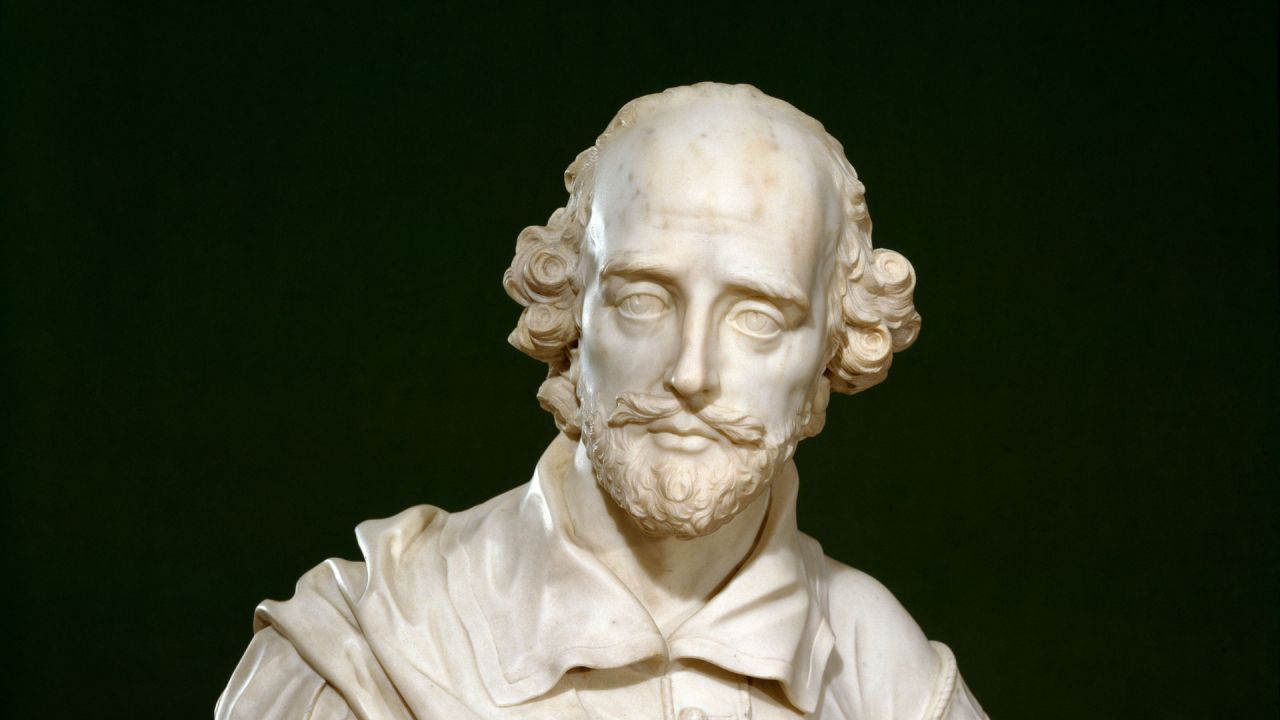Last week I was lucky enough to attend the RSC’s latest production of Richard 2nd. A couple of things struck me when watching the performance (beyond how far up did David Tennant’s hair extensions start). They were both to do with dramatic structure, and how modern television still couldn’t teach the master of storytelling anything new.
It’s a strangely lopsided play in many ways and, for modern day directors and producers; it must be a challenge to work out when to have an interval. After Act 2 and you haven’t really had a satisfying first half…after Act 3 and you feel like there is little to come back for in plot terms.
Shakespeare had specifically chosen this two year period of Richard’s seventeen year reign to dramatise, so we have to believe that it is not just because he hadn’t attended a Robert McKee Story seminar that this unevenness exists.
Now there is much doubt as to whether in its early productions Richard 2nd would have had an “interlude” at all. The Globe didn’t introduce them regularly until 1610. But I have little doubt that Shakespeare thought it important to treat the start of Act 4 as a new beginning. Not least because, like all good modern television structures, he welcomes the audience back after the break with a short “previously on” recap. The scene sees The Queen and two ladies in waiting, hiding in the Duke of York’s garden, spying on two gardeners. The gardeners helpfully recap everything that has happened during the reign as we have witnessed in the first half. Albeit delivered with a somewhat tortuous horticultural analogy.
Gardener
The weeds which his broad-spreading leaves did shelter,
That seem'd in eating him to hold him up,
Are pluck'd up root and all by Bolingbroke,
I mean the Earl of Wiltshire, Bushy, Green.
Servant
What, are they dead?
Gardener
They are; and Bolingbroke
Hath seized the wasteful king.
The scene has little comic potential, and so the usual explanation for an interlude among the common people is removed. Some scholars believe it is important for giving us a glimpse into the minds and thoughts of everyday people at a crucial turning point in the affairs of state...but it struck me more powerfully as Shakespeare being only too aware of the complexity of the courtly plotting he had subjected his first half audience to, and the need for a tight summary before building the drama of the second “half”.
As trail makers, it has often frustrated me that we aren’t asked to edit more “previously on” sequences. Too often they are left by productions to the editor to cut at the end of working on the show…filling up the commercial hour with a final 90 second sequence. To my mind they should be the final trailer for the show. The chance to nail an audience to their seats and buy the director time to gradually build up the narrative arc in a more measured way. The other end of this task which, again, would often benefit from a trail maker’s eye and art, is the Next Time On tease at the end. This is again a special discipline…trying not to trample on the subtle emotional state of the audience at the end of an hour’s storyline, while ensuring as big a returning following as possible with hints at dramas to come.
In my trail-making career I remember being asked by Jimmy Nail to do it for the second series of Crocodile Shoes which, given that Jimmy normally wanted to do everything himself (write, produce, sing the theme tune, etc) was an interesting nod of approval to our expertise. Talking of David Tennant, more recently Russell T Davies brought our team on board to cut “next time on” trailers for the reborn Doctor Who. That seemed to go pretty well I think, not least for the creative concerned (Richard Senior) who went onto direct episodes of the whole show.
Returning to Shakespeare, the final act of Richard the Second serves almost entirely as a “next week on” trailer for Henry IVth Pt 1.
Sowing the seeds of Prince Hal’s life with Falstaff;
HENRY BOLINGBROKE
“Inquire at London, 'mongst the taverns there,
For there, they say, he daily doth frequent,
With unrestrained loose companions”
And, giving us flashes of the rebellions to come in Henry’s reaction (SPOILER ALERT) to the murder of Richard:
Thou hast wrought
A deed of slander with thy fatal hand
Upon my head and all this famous land
When the BBC showed the plays as part of The Hollow Crown cycle, with Ben Wishaw taking the lead, I always thought our trailers were a particularly fine example of the clip-based craft.
Little did I realise that Shakespeare himself had beaten us to it by around 420 years.
Charlie Mawer
Executive Creative Director

